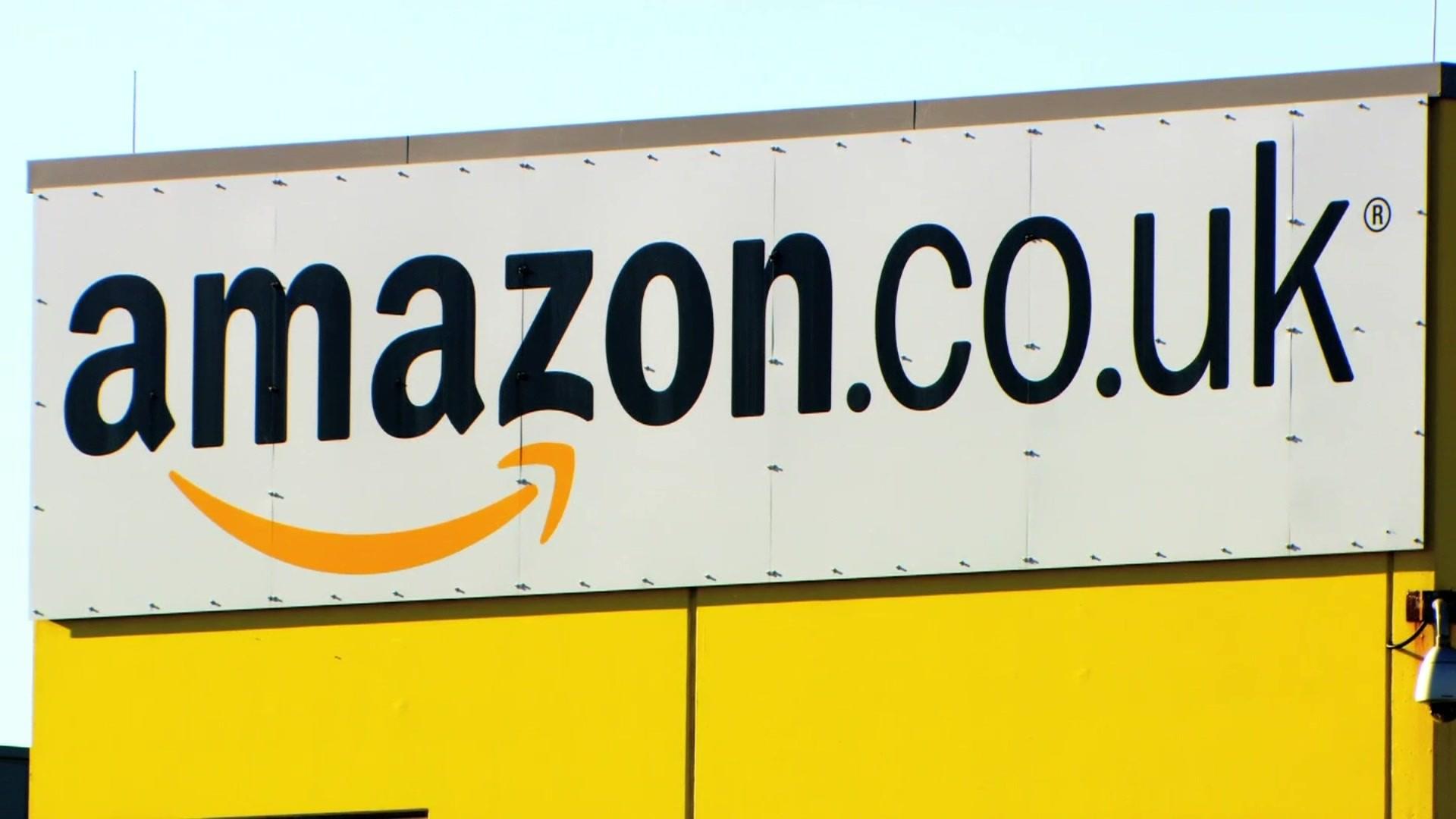Amazon: Monopoly or capitalist success story?
- Published
- comments
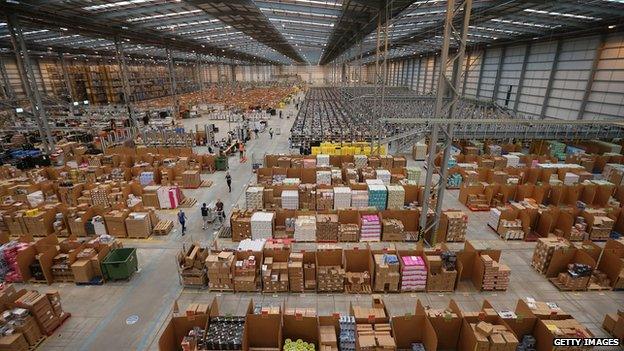
According to Franklin Foer, Amazon's massive size allows it to intimidate suppliers
According to the New Republic's Franklin Foer, internet retailer Amazon is a 21st Century monopoly, quietly squashing public interests and edging out important competition.
He writes, external that even if Amazon isn't breaking the letter of antitrust laws, which attempt to regulate industry to promote an atmosphere of equal competition, it is violating them in spirit.
"In effect, we've been thrust back 100 years to a time when the law was not up to the task of protecting the threats to democracy posed by monopoly; a time when the new nature of the corporation demanded a significant revision of government," he writes.
His evidence? First, there's the abusive way the company treats its workers. He cites the incident in which Amazon hired paramedics to revive workers suffering from heat-related problems rather than buy air conditioners.
And then, he says, there's the brutal way Amazon deals with suppliers. He references the ongoing fight between the company and the publisher Hachette over the pricing of e-books.
Amazon holds about 65% of the e-book market, according to the New Yorker. After the company tried to level the pricing of e-books across the board to $9.99 (£6.28), Hachette, backed up by authors such as JK Rowling, Malcolm Gladwell and James Patterson, objected.
Amazon squeezed the publisher by delaying delivery of its books - sometimes by weeks.
Foer says Amazon's customers are complicit in these types of corporate abuses because they are opting for cheaper goods and faster deliveries.
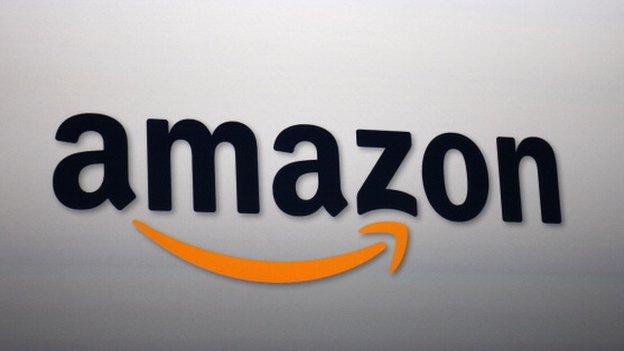
Today's monopolies, he says, have very different strategies then the bygone companies of JP Morgan's US Steel. Instead, they use their profits and dominance to seemingly work for the consumer by driving down prices - but at a high cost to workers and competitors.
New York Magazine's Annie Lowrey disagrees, external with Foer's assertion that Amazon is even a monopoly in the first place.
"What Foer is describing is not the nefarious actions of a monopolist but the normal actions of a big, well-funded firm in a spirited market," she writes. "Businesses compete. Very often the bigger one wins."
Lowrey says the company is fighting to gain the upper hand just as every other company in the world does. Amazon shouldn't be allowed to get away with treating its workers badly or harassing suppliers, she says, but the company also does some good.
"Amazon relentlessly drives down prices for goods and services and delivers them fast and cheap. It ploughs its profits into price cuts and innovation rather than putting them in the hands of its investors. That benefits millions of families - full stop," she writes.
Amazon still faces stiff competition from physical stores like Wal-Mart, Target, Home Depot and Ikea, Vox's Matthew Yglesias writes, external, and also jostles with online stores like Apple and Google.
"Everyone gets their e-books from Amazon because they're just as cheap as Apple's e-books, but they work on a much broader range of devices," he writes. "But if Amazon starting offering an inferior e-book product to Apple's, then customers could and would switch."
Amazon may be the dominant player in the book market, writes, external Derek Thompson in the Atlantic, but it's struggling to keep up in many other markets. He calls Amazon a "behemoth fighting for its life in a world of giants".
The working conditions of Amazon employees are a separate issue, Thompson says. But the decision by consumers to use or not use Amazon is no indication of the company's status as a monopoly.
"If the government thinks warehouse workers deserve higher wages and better conditions, we don't have to go through the Justice Department's anti-trust squad to improve their lot," he says. "We can just pass new laws. Don't ask consumers to boycott a good deal."
When it comes to competition, says, external Joe Nocera of the New York Times, Amazon has crushed its counterparts fair and square.
"Does Amazon have a dark side?" he asks. "Yes, it does - primarily in the way it has historically treated its warehouse workers. But to say that Amazon has to be stopped because it is giving people what they want is to misunderstand the nature of capitalism."
Foer says Amazon is "the shining representative of a new golden age of monopoly" - and it must be stopped.
"In its pursuit of bigness, Amazon has left a trail of destruction - competitors undercut, suppliers squeezed - some of it necessary, and some of it highly worrisome," he writes.
Judging from many of the responses to his article, however, as long as the books are cheap and the deliveries are prompt (and the workers are treated with a modest amount of human decency, of course), why worry? The system seems to be working - golden monopoly or not.
(By Kierran Petersen)
- Published14 October 2014
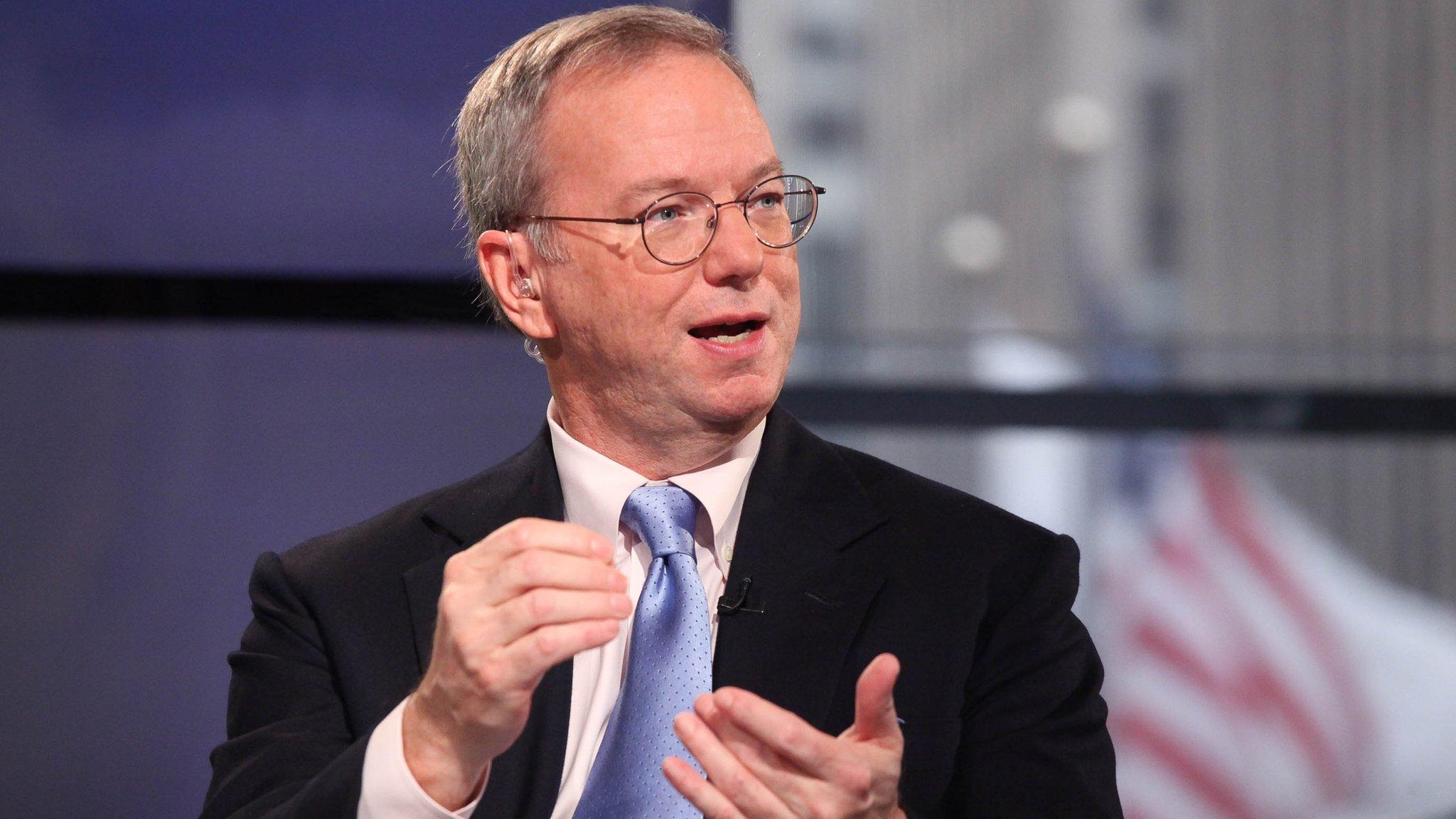
- Published13 October 2014
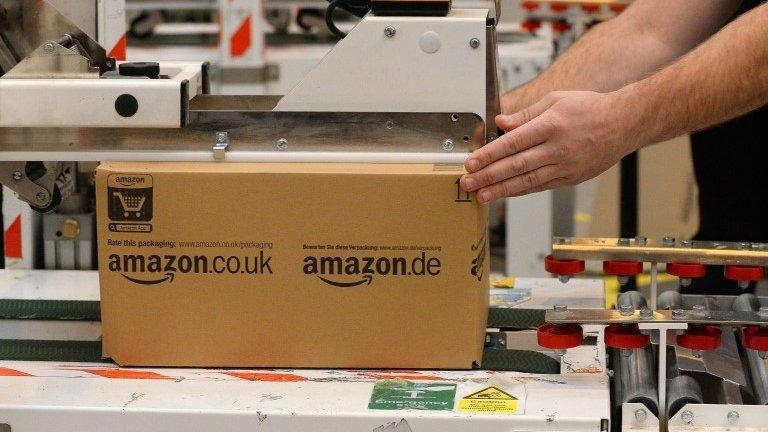
- Published26 June 2014
